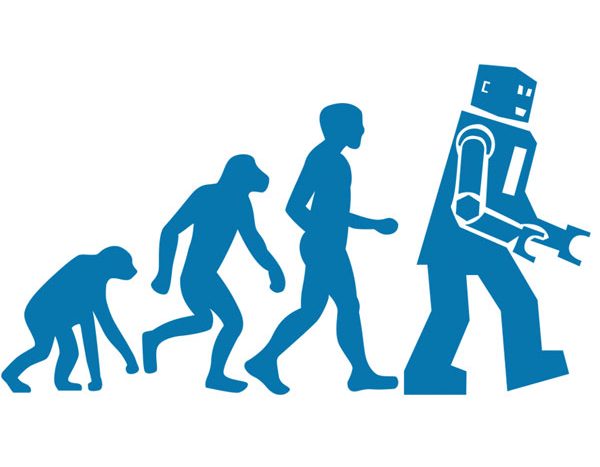We know job automation is coming, but how might it impact commercial real estate?
The biggest concern with job automation is job loss. Not only does automation threaten jobs in manufacturing, but it also affects many white-collar, service jobs and local mom and pop businesses. Despite the incredible long term benefits, the initial cost of updating the technological infrastructure would put many smaller companies at a disadvantage in comparison to the market giants who would be able to seamlessly transition.
Although one side of the debate argues that job automation will lead to job loss, the other side states that automation is not a primary source of job loss. Rather, as technology advances to fulfill more uses, the skills needed in jobs changes to match the new technology. Therefore, human work will always be needed, but the needs may change. The issue then lies in the fact that older workers’ skills become outdated, creating a challenge for those workers to learn new skills to match the advancing field around them.
So how do robots impact the future of real estate?
- As robots become increasingly more involved in construction, the quality and lifespan of residential and commercial buildings will also increase. In addition, the timeliness and ease of renovations will reduce the need for new construction.
- As the economy changes, demand for real estate also changes. As a result of the enormous shifts in employment, two contradictory trends may come into effect:
- Decentralization of work: The appeal of expensive cities with high employment may cease to exist, meaning that future clients might want to move to cheaper and more remote markets.
- Centralization of leisure: Automation might allow humans to focus on culture, reemphasize social activities, and develop to an experience-driven economy in city centers.
- Forward thinking brokerages will find robots who can help with tours, virtual reality, and other tasks.
- Potential loss of jobs. Of course, this isn’t anything new for real estate. From FSBO guides to automated valuation systems, new technology continues to transform the industry, while also threatening job stability. The successful agents and brokers are the ones who can differentiate themselves by combining a personalized customer experience with competence and digital prowess.
To combat the negative impacts of job automation, President Obama’s Council of Economic Advisers published a report entitled Artificial Intelligence, Automation, and the Economy, which details the White House’s stance on expected job loss due to artificial intelligence technologies.
The report explains:
“If care is taken to responsibly maximize its development, AI will make important, positive contributions to aggregate productivity growth, and advances in AI technology hold incredible potential to help the United States stay on the cutting edge of innovation. Government has an important role to play in advancing the AI field by investing in research and development.”
In an interview with WIRED, President Obama states, “The government should add a relatively light touch, investing heavily in research and making sure there’s a conversation between basic research and applied research.”
One thing is certain, job automation is coming and will likely be a part of our economy before many people are prepared for it. In the next four years, we will see how the Trump administration handles the effects of this shift in our society as technology continues to push the envelope towards a more efficient and sustainable future.
Sources:
http://www.businessinsider.com/policy-responses-to-automation-and-robots-taking-jobs-2017-4
https://futurism.com/white-house-releases-a-solution-to-automation-caused-job-loss/
https://www.weforum.org/agenda/2015/06/the-radical-solution-to-robots-taking-our-jobs/
http://realtormag.realtor.org/technology/feature/article/2017/01/how-robots-will-disrupt-real-estate




